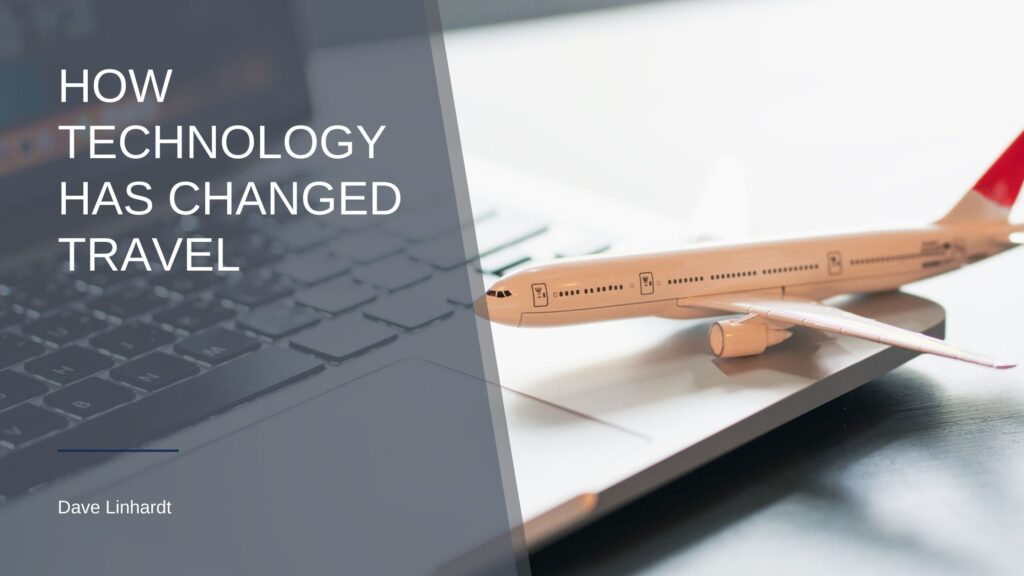
Technology has dramatically changed the way we travel, revolutionizing every aspect of the journey, from planning and booking to experiencing destinations. In the digital age, travelers have access to a wealth of information, convenience, and connectivity that previous generations could only dream of.
Ease of Research and Planning:
Today, travelers have access to a vast amount of information online. From user-generated reviews and recommendations on travel websites to interactive maps and virtual tours of destinations, technology has made it easier for travelers to research and plan their trips with a few clicks.
Online Booking and Reservation Platforms:
Technology has streamlined the booking and reservation process, eliminating the need for travelers to visit physical agencies or make phone calls. Online booking platforms allow travelers to compare prices, read reviews, and book flights, accommodations, car rentals, and activities directly from their computers or mobile devices, providing convenience and flexibility.
Mobile Apps for Travel Assistance:
Travelers can now rely on a multitude of mobile applications that offer real-time assistance during their journeys. Travel apps provide features such as flight tracking, itinerary management, language translation, currency conversion, and local guides.
Digital Payment Solutions:
Technology has revolutionized payment methods while traveling. Digital payment solutions, such as mobile wallets and contactless payment systems, have become more widespread, making transactions more secure, efficient, and convenient for travelers worldwide.
Enhanced Connectivity and Communication:
The advent of smartphones and the widespread availability of internet connectivity have transformed how travelers communicate during their trips. International roaming, Wi-Fi hotspots, and communication apps enable travelers to stay connected with their loved ones, share their experiences in real-time, and access travel-related information whenever needed.
Virtual Reality and Augmented Reality Experiences:
Virtual reality (VR) and augmented reality (AR) technologies have opened up new possibilities for travel experiences. Virtual reality allows travelers to explore destinations, hotels, and attractions virtually before making decisions.
Wearable Devices for Travelers:
Wearable devices, such as smartwatches and fitness trackers, have become popular travel companions. These devices offer health monitoring, activity tracking, and navigation features, making it easier for travelers to stay fit and explore destinations with ease.
Personalization and Data Analytics:
Technology has enabled travel providers to collect and analyze vast amounts of data, leading to personalized travel experiences. Airlines, hotels, and other travel services can offer tailored recommendations and targeted promotions based on travelers’ preferences and previous behaviors.
Contactless and Touchless Solutions:
In response to the COVID-19 pandemic, technology has accelerated the adoption of contactless and touchless solutions in the travel industry. Contactless check-ins, mobile room keys, and touchless payment options have become more prevalent to prioritize safety and hygiene during travel.
Technology has transformed the travel industry, making it more accessible, efficient, and enjoyable for travelers. From the ease of research and planning through online booking platforms and mobile apps to enhanced connectivity, virtual reality experiences, and personalized offerings, technology has changed the way we experience and engage with destinations. As technology continues to evolve, it is likely to bring even more innovations to the travel industry, enhancing the overall travel experience and creating new opportunities for exploration and discovery. However, as technology becomes more pervasive in travel, it is essential to find a balance between embracing innovation and preserving the authenticity and sustainability of travel experiences.